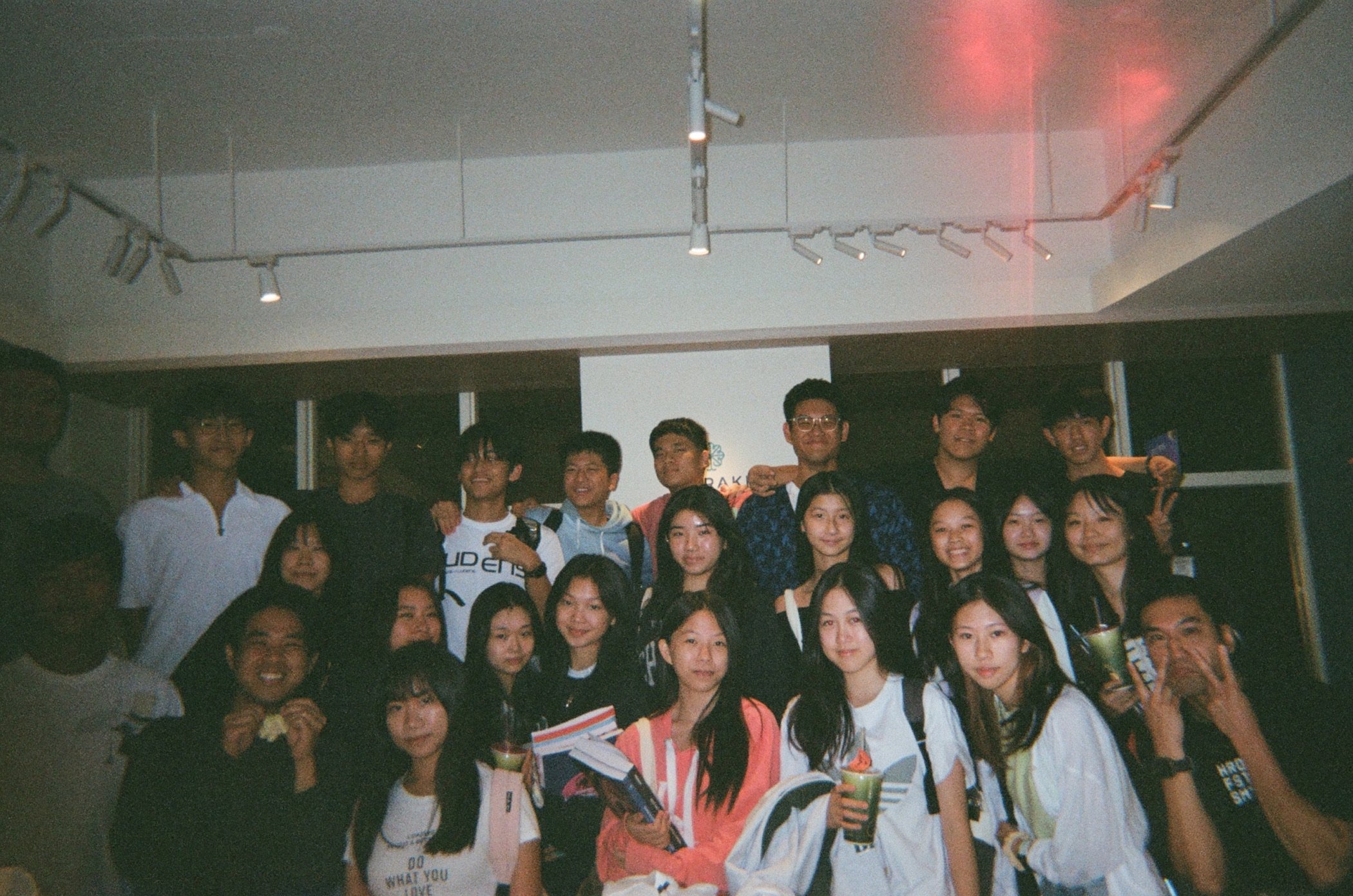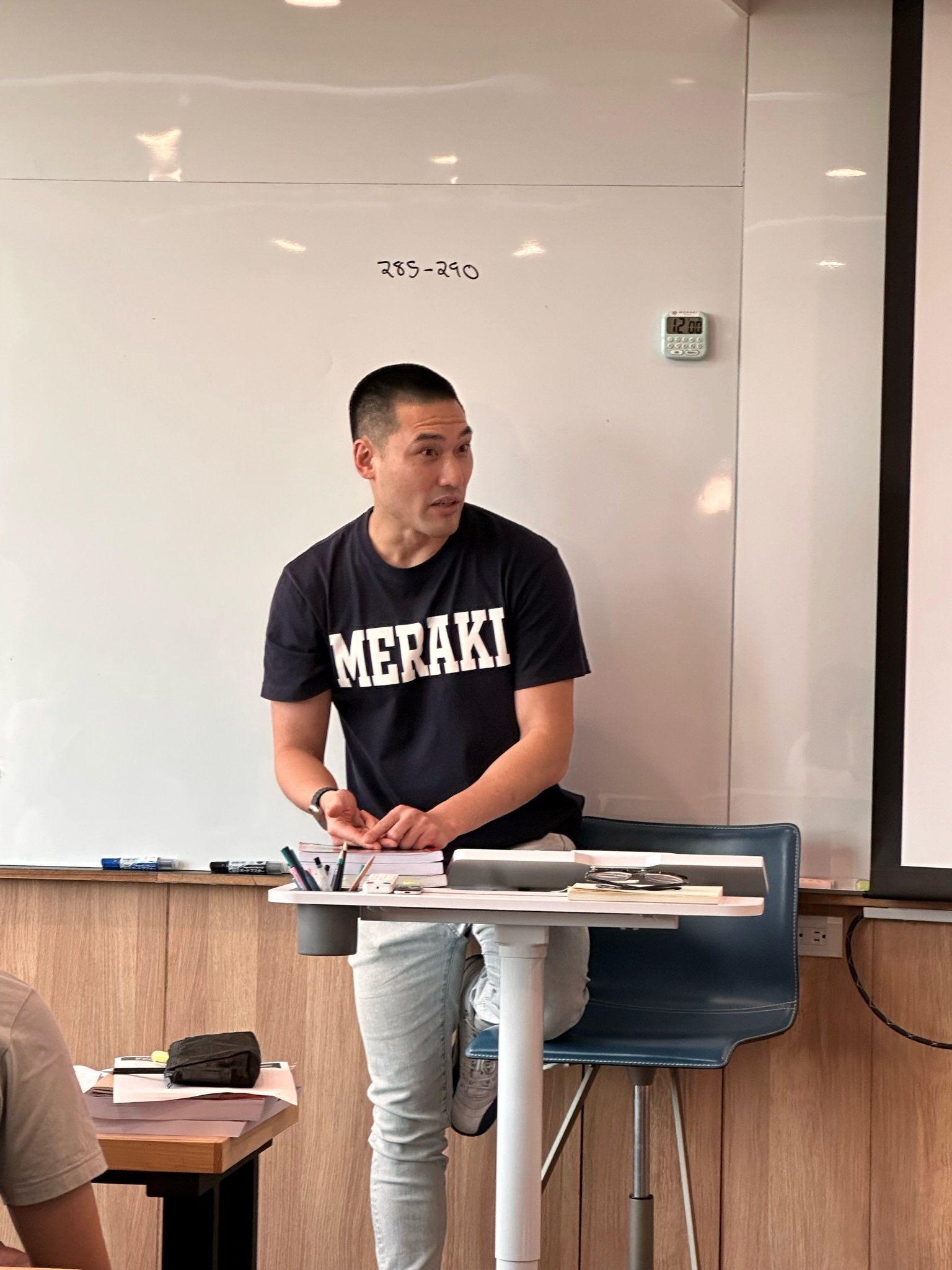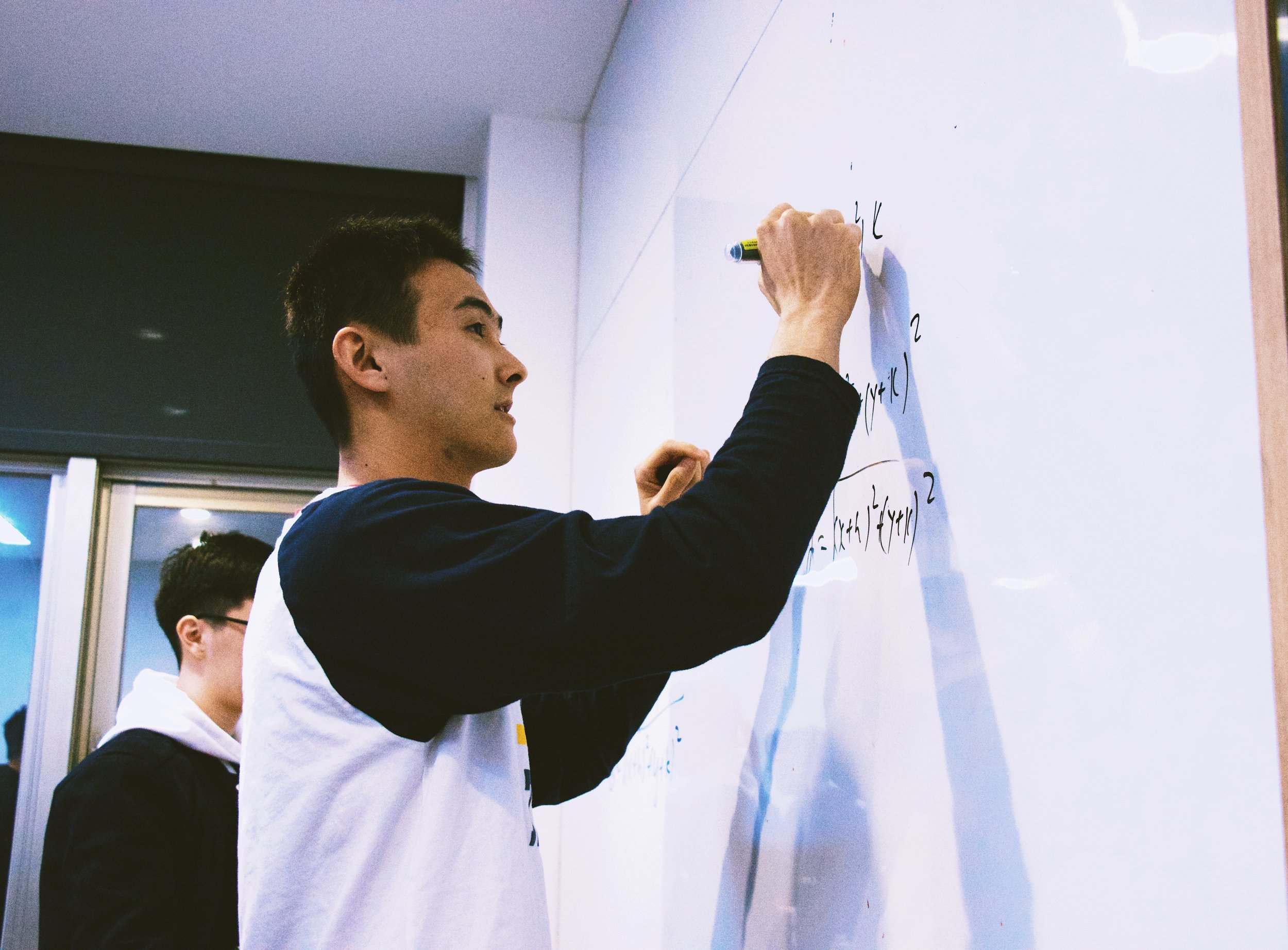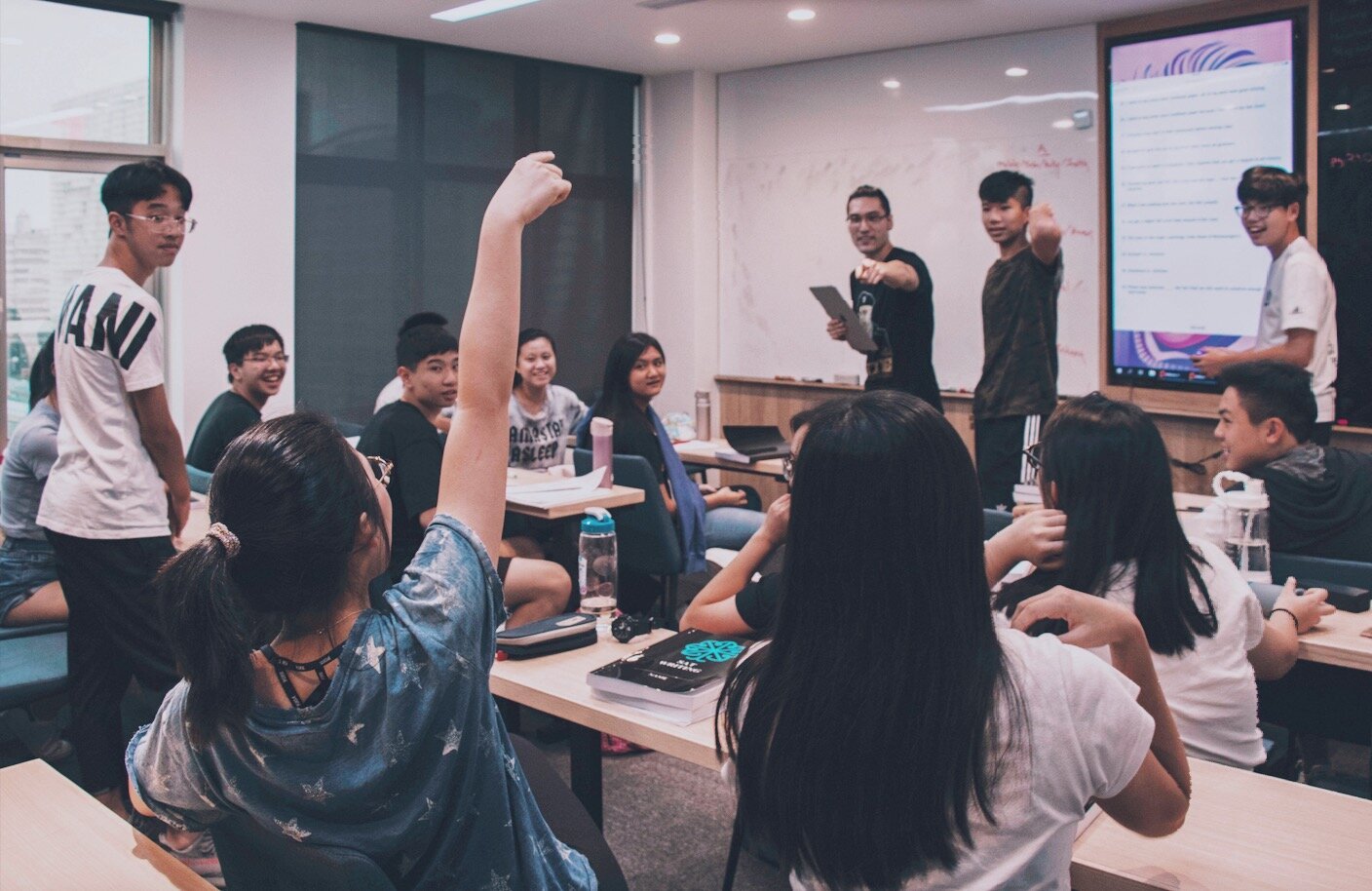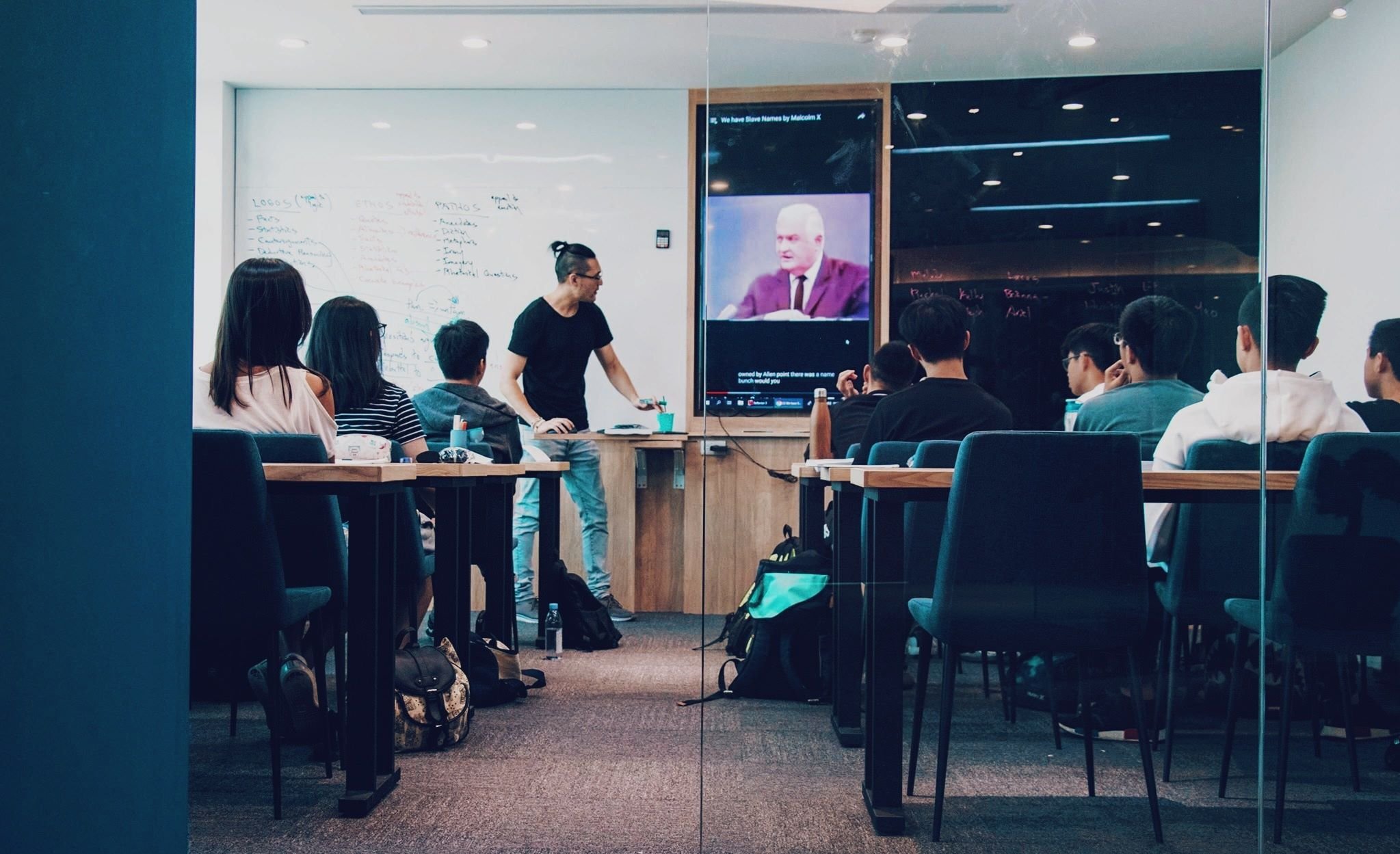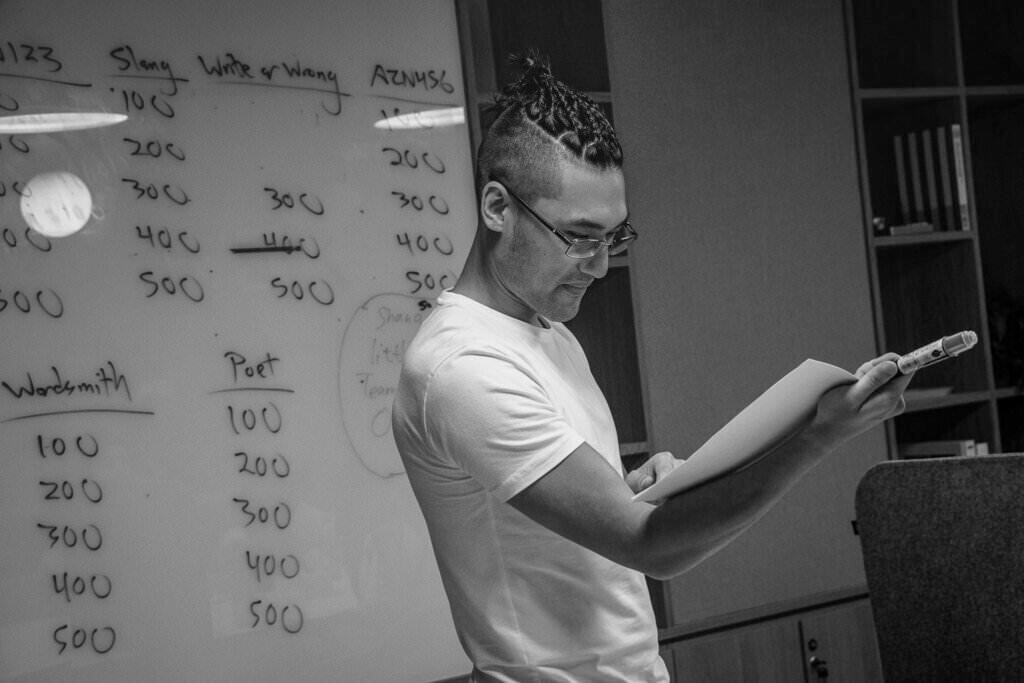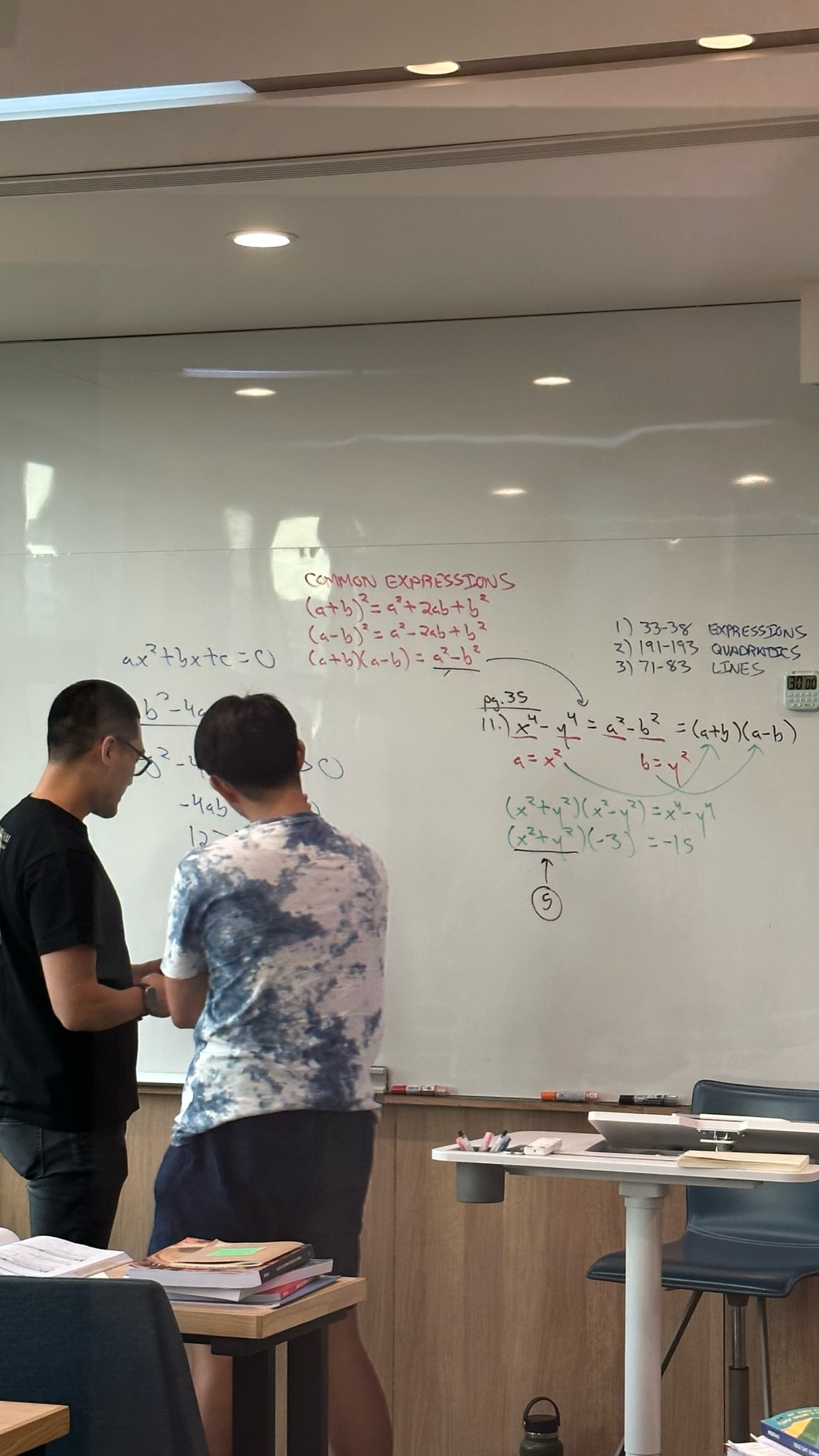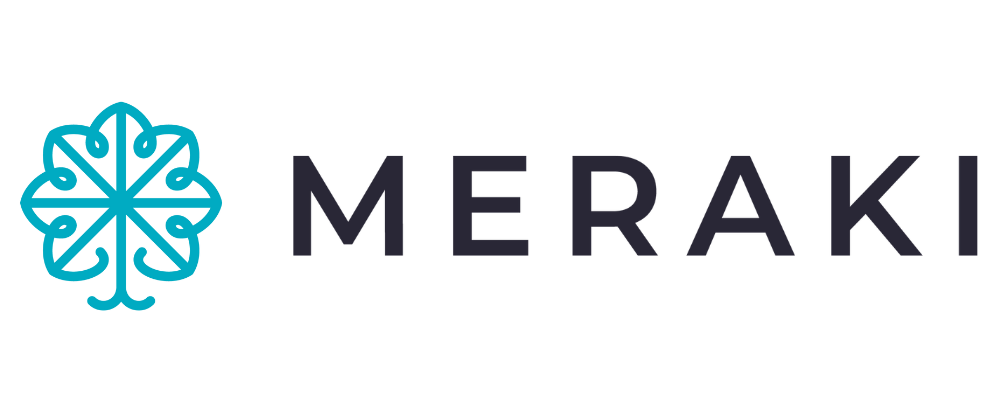Founder / Director
Shang Liu
“Give me a long enough lever and a fulcrum on which to place it, and I shall move the world.”
We’ve been there
Stanford, Columbia, Duke, UPenn, Caltech, Johns Hopkins, Northwestern, Cornell, Berkeley, Wellesley, UCLA, USC, NYU. These are just some of the universities where students have been accepted. How is it that we are able to consistently send our modest students to such outstanding schools? Perhaps as a former admissions officer, I was privy to highly coveted secrets of the application process? Or perhaps, blessed with a mighty intellect, I impart my vast knowledge as a Princeton valedictorian to enrich the students’ minds?
Hardly. The truth is, all of my students have been far more qualified and accomplished than I ever was during my high school years. But what would someone who could barely manage a 2.0 GPA in his sophomore year possibly know what a student with a 4.0 needs to rise above the cutthroat competition? How do I help students aim for a perfect score when the digits of my own first SAT score could have passed for a month and day of the year? What gives me the right to help a student apply for an Ivy League when my own alma mater was barely considered a top 50 school at the time I attended?
Yes, I have made every possible mistake that a high school student applying for university could. But it is precisely because I have blundered so badly that I am able to not only anticipate the frequent misconceptions held by parents but also empathize with students who flounder through the intricacies of the admissions process. It is because my recommendation letters were so impersonal and cliché that I now help students build an intimate rapport with their teachers to receive outstanding endorsements. It is because my personal statement was a bland account touting my mundane successes that I now collaborate with students to develop insightful essays which demonstrate growth, compassion, and maturity.
Evaluating these desirable qualities are why colleges have admissions officers instead of mere machines that compute a student’s academic statistics. As important as grades and test scores are, what a university truly wishes to know is how well you know yourself. What have you done to further your ambitions? How will you contribute to the world with the knowledge you will have obtained? Where will you be and what will you be doing ten years from this very moment?
Confronting such introspective interrogation is daunting, but it is because we can establish meaningful relationships with our students that we are able to foster what is necessary for their acceptance to such competitive and prestigious schools as Wharton and Stern. At Meraki, we value critical thinking, that a student should not simply ask ‘what’ but also ‘why,’ that an education is meaningless in of itself unless it is utilized to address the crucial issues we as a modern society currently face, that we must give back to the communities which have been so indispensable to creating the beings we are today, and that there is a difference between knowing and understanding.
I say that Meraki enriches a student’s education, but that does not mean we are interested solely in higher numbers, for education is an exalted ideal that extends far beyond the plane of discrete quantities. Education does not end upon receiving a college diploma, nor does it end after obtaining a graduate degree. It does not end when one is hired, promoted, or retired. Education is life itself, and that, truly, is what Meraki enriches.
